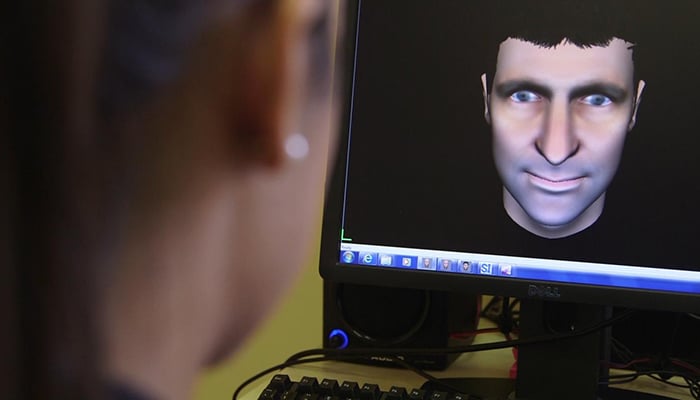Avatars can help schizophrenia patients control threatening voices

A trial treatment for individuals with schizophrenia that conveys them eye to eye with a PC symbol speaking to the tormenting voices in their heads has demonstrated promising in beginning period trials.
Researchers who led a randomized controlled trial contrasting the symbol treatment with a type of steady directing found that following 12 weeks, the symbols were more compelling at lessening sound-related mental trips, or voices inside the head.
More research is expected to examine the approach in other medicinal services settings, so the treatment isn't yet broadly accessible.
Be that as it may, if promote trials demonstrate effective, specialists stated, symbol treatment could "fundamentally change" treatment approaches for many psychosis sufferers over the world.
Schizophrenia is a mental issue that effects around one of every 100 individuals around the world. Its most basic indications are fancies and sound-related visualizations.
These voices are regularly annoying, tormenting and debilitating, causing much misery and nervousness in patients. Medication medicines can diminish side effects in many patients, however around one of every four keep on being influenced by fantasies.
This investigation, distributed in The Lancet Psychiatry diary, included 150 patients in Britain who had schizophrenia for around 20 years and who had been encountering tireless and troubling sound-related mental trips for over a year.
Of these, 75 were given symbol treatment and 75 had a type of strong advising. They all proceeded with their standard antipsychotic medicine all through the trial.
The symbol treatment was given in 50-minute sessions conveyed once per week more than a month and a half. Before beginning treatment, patients worked with a specialist to make a mechanized reenactment, or symbol, of the voice they most needed to quieten – including what the voice stated, how it sounded, and how it may look.
Tom Craig, a teacher who drove the investigation at Britain's Maudsley Hospital and King's College London's Institute of Psychiatry, Psychology and Neuroscience, said the outcomes gave "early proof that symbol treatment quickly enhances sound-related mind flights".
"Up until this point, these changes seem to keep going for up to a half year for these patients," he said. "However ... more research is expected to improve the way the treatment is conveyed and show that it is viable in other ... settings."
Ann Mills-Duggan, a specialist from the Wellcome Trust wellbeing philanthropy which subsidized the trial, said the outcomes were exceptionally reassuring: "If the analysts can demonstrate that this treatment can be conveyed adequately by various advisors in various areas, this approach could profoundly change how a large number of psychosis sufferers are dealt with over the world."

No comments